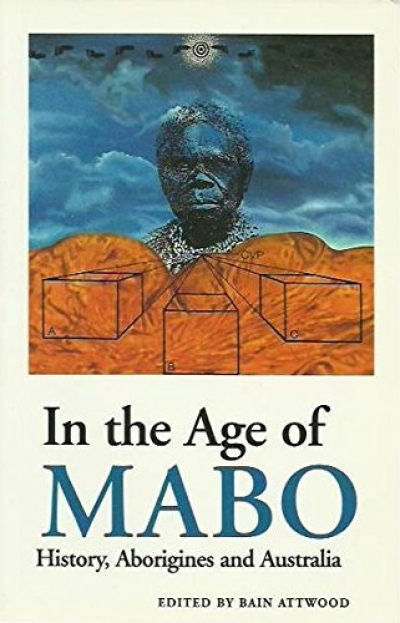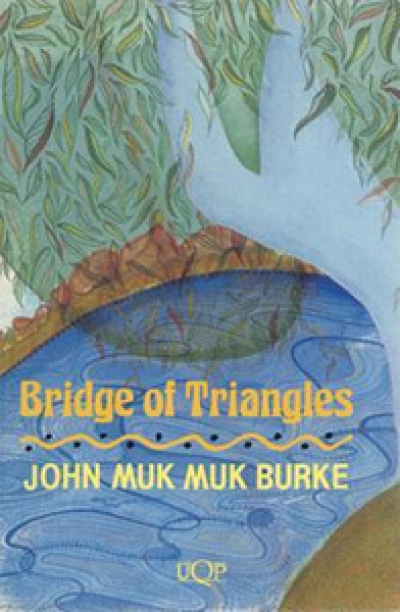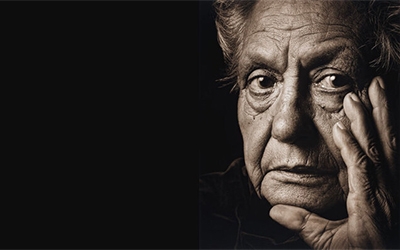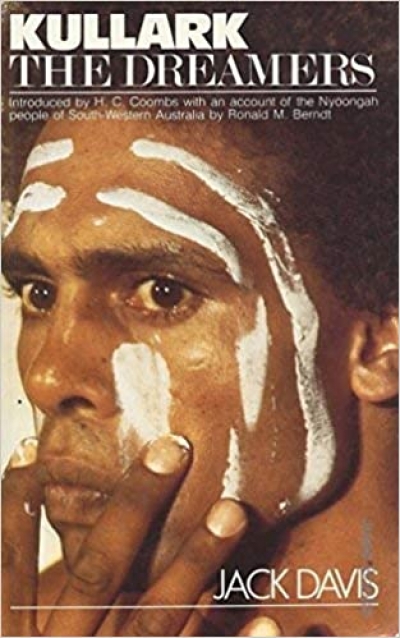Adam Shoemaker
Legendary Tales of the Australian Aborigines by David Unaipon, edited and introduced by Stephen Muecke and Adam Shoemaker
Adam Shoemaker reviews 'In the Age of Mabo: History, Aborigines and Australia' edited by Bain Attwood
Some of Australia’s most cogent historical analyses grow out of particular social moments: the close of World War II, the accession (and dismissal) of the Whitlam government, the bicentennial celebrations and protests of 1988. The High Court’s Mabo decision of June 1992 is just such a moment and it is no surprise to find another book which focuses on the aftermath of that landmark decision. Interestingly, In the Age of Mabo is also just as strongly the product of a certain time and political space: the 1991–96 prime ministership of Paul Keating. It is this framework which gives this varied collection of essays its sense of historical occasion; it is also this political underpinning which renders at least one of the contributions nearly obsolete.
... (read more)I remember hearing about the first Somerset Celebration of Literature when I was in Europe last year. The letters and postcards arrived: imagine a private college paying for Peter Carey to fly out first-class from New York to attend a literary event. Everyone was fixated on the details: limousines for authors; personal minders taking care of presenters; an army of volunteers looking after every detail.
... (read more)Despite the importance of her poetry and prose, Oodgeroo’s experiences were much more than a catalogue of achievements in European terms. Her life, often hard fought, was one of enjoyment as well as pain, of laughter as well as sorrow. Oodgeroo had a wonderful sense of humour; it was, like the title of Ruby Langford’s latest book, ‘real deadly’. She was always able to use this to advantage, to embarrass stuffy politicos, to get action, to explode stereotypes of Aboriginal people. At the same time, she related to young people better than anyone else I have ever met. She told stories, she entertained, she challenged and always threw down the gauntlet. I’ll never forget the day she was involved in a radio hook-up with children from all over Queensland and was coaching aspiring young poets over the phone: ‘That’s a great piece – now you keep writing! Never forget; you do what your teachers say, because knowledge is power. Now, go out and get some!’
... (read more)




